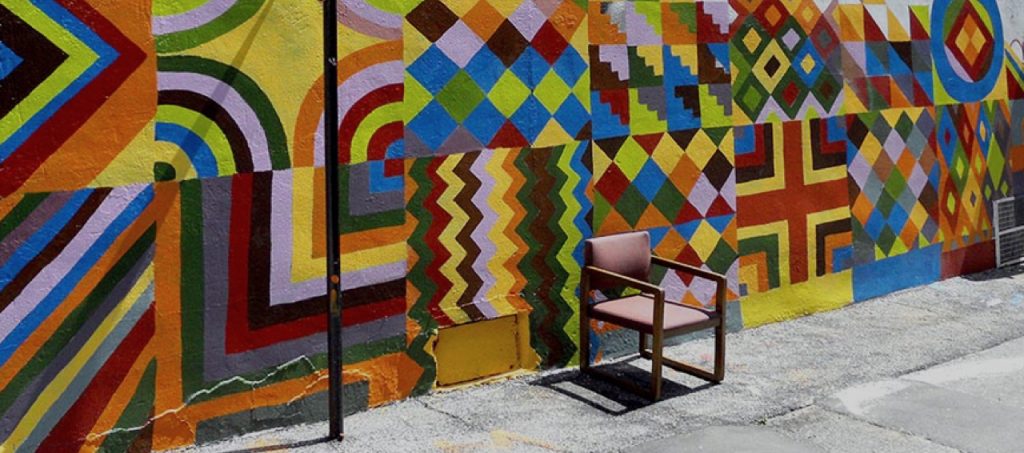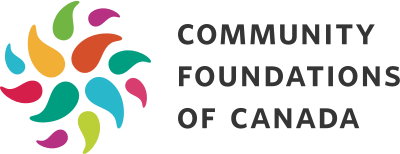Acknowledgement
Community Foundations Canada acknowledges that Indigenous peoples are the traditional guardians of this land that we call Canada;
that this land is everywhere unceded and that the leadership of each of the 191 Canadian community foundations whom we support has a duty to acknowledge their relationship to the land upon which they live and work, and to prioritize initiatives that support reconciliation with local indigenous communities;
that the keepers of traditional indigenous knowledge in every community are worthy of honour, consideration and respect;
that courageous Indigenous leaders, young and old, deserve the ongoing support of all Canadians to create equal opportunities for everyone of this land; and
that reconciliation will be successful when all Canadians have committed to learning about our shared past, listening to Indigenous truths, and pursuing a new and more inclusive, collaborative and respectful path towards a better future.

Our Commitment
At the closing session of Canada’s Truth and Reconciliation Commission on June 1, 2015, Community Foundations Canada was one of several groups and individual funders to present a Declaration of Philanthropic Action. In this declaration we committed to working towards reconciliation and to supporting the implementation of the Committee’s recommendations. Specifically, we committed to:
Learn and Remember by…
1. Listening with respect, compassion and empathy while reaching out to those who have given voice to the tragedy that was the Indian Residential School System experience, understanding the cumulative impact of unresolved trauma passed from generation to generation as well as remembering the voices that were silenced; and
2. Engaging the philanthropic community in the dialogue necessary to ensure that we do this with, and not for, Aboriginal peoples in all their diversity.
Understand and Acknowledge by…
1. Learning about the history and legacy of the colonial system that imposed the Indian Residential School System that dispossessed and inflicted harm upon Aboriginal peoples and their cultures, so that we can understand how to work toward the reconciliation that is needed now and into the future
2. Recognizing the need for an ongoing commitment to support the continuation of this multi-generational journey of healing and reconciliation.
Participate and Act by…
1. Sharing our networks, our voices, and our resources to include and benefit Aboriginal peoples;
2. Committing to building relationships with Aboriginal peoples and extending the reach of our efforts in both policy and practice; and
3. Exploring new opportunities to support healing and reconciliation and the implementation of the spirit, intent, and content of the Truth and Reconciliation Commission’s findings and recommendations.
